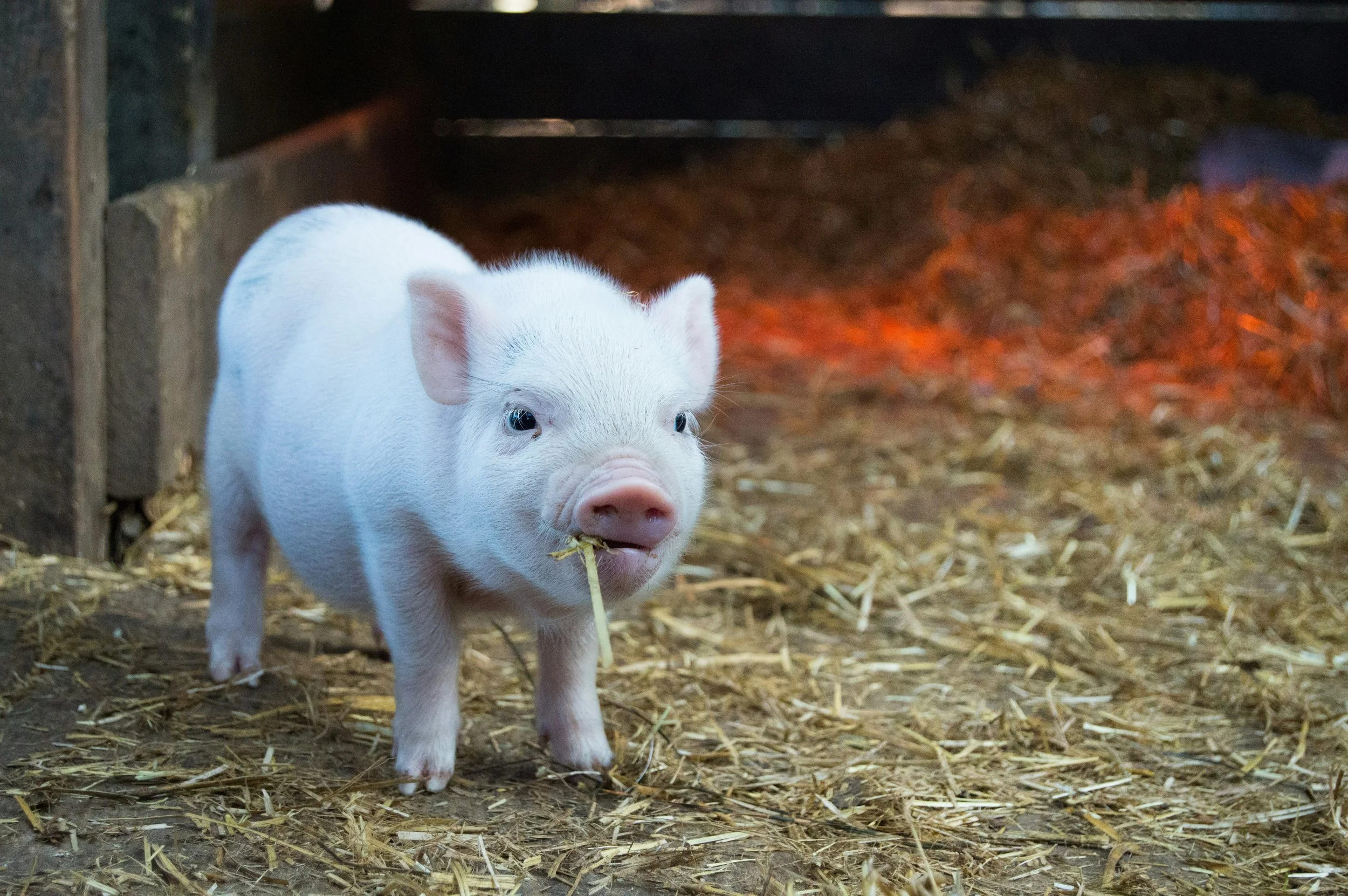For years Kentucky has been known as one of the leading producers of tobacco, but as trends have begun to change, the demand for tobacco has slowly begun to decrease. In 1964, a discovery was made showing tobacco caused lung cancer. Ever since this discovery, the tobacco industry has been gradually shrinking, forcing many Kentucky farmers to either switch to growing other crops, or completely shut down farming production.
Home Sweet Home: Or is it? Going from a Home to a Hazard
A component of the American dream is often achieved when a person is finally able to obtain his or her own piece of land and a place to live. This place quickly transforms from a shelter with walls and windows, and becomes a place that will be the site of experiences and memories that the inhabitants will share for years to come. In short, it becomes a home. The word “home” instills an expectation of safety as well as enjoyment. However with negligent behavior, a home can quickly become a danger, and the expectations associated with that home can come tumbling down.
National Park Centennial: Celebrating History and Preparing for the Next 100 Years of Service
In 1916, President Woodrow Wilson created the National Park Service. This year, the National Park Service (NPS) celebrated its one-hundredth birthday; more accurately, the service turned one hundred a little over one month ago on August 25th, 2016. In its one hundred years of service, the NPS system has welcomed over 27.5 billion visitors and grown to include over 400 sites throughout the United States.
Pipeline Problems: The Dakota Access Pipeline
Recently the issues surrounding the status of Native Americans and natural resources has been in the news regarding the Dakota Access Pipeline. The Dakota Access Pipeline is supposed to bring crude oil from the less populated area of North Dakota down to Midwestern refineries. Native Americans have protested the project from its inception, much like the Keystone XL Pipeline. The focus of the protest by the Native American tribes is centered on the possible pollution of their water supply, as the Dakota Pipeline would run under the Missouri River, and also on the grounds that the pipeline would cause the disruption of some burial grounds.There has been a large contingent of Native Americans, as well as others, that have descended on the Dakota Pipeline construction in an attempt to stop the construction and the resulting clash between the two sides has been intense.
Cannabis Cultivation in the Peach State: The Necessary Next Step for Legalization
During the 2015 Georgia state legislative session, legislators passed Haleigh’s Hope Act, legalizing the use of medicinal cannabis, specifically a low tetrahydrocannabinol (THC) cannabidiol (CBD) oil produced using the cannabis plant, for a limited number of Georgia citizens with specific medical conditions. However, this new law was missing a crucial element needed to make Georgia’s medical cannabis program truly effective and beneficial for the Georgia citizens it was created for: the law does not allow for in-state cultivation of marijuana or manufacturing of the cannabis oil prescribed to Georgia patients.
Alleviating Lurking Leasing Liability: Care Required By Equine Lessees
In the world of horseback riding, lease agreements are almost as numerous as monogrammed saddle pads. Equine leases allow aspiring equestrians to test the waters of horse ownership, offering a lessee all the benefits of horse ownership, while requiring significantly less commitment (at least in the long term). However, as easily as one can realize the benefits of this arrangement, one can just as easily see the potential complications—namely, the complex question of who will bear the burden of liability if the horse is somehow damaged or injured.
Soring Tactics: Over 50 Years of Abuse
There are currently two separate bills that have been proposed to Congress to address the issue of “soring” on Tennessee Walking Horses. The first proposed bill is aptly named Prevent All Soring Techniques (PAST) Act and it would be an amendment to the currently existing Horse Protection Act. The second proposed bill is the more subtly named Horse Protection Amendments Act (HPAA) of 2015. On the surface it would appear that both amendments would effectuate the same end goal, but I will discuss in the following paragraphs how the two bills differ in implementation.
Solar Power in the Bluegrass: A Step in the Right Direction
Green Energy, specifically solar energy, can be a controversial topic in Kentucky, a state which produces eight percent of the United States’ total coal. The coal industry in Kentucky, as recently as 2006, was responsible for nearly 528 million dollars in tax revenue. But due to high coal-related expenditures, the industry actually does not advance the economic policy or goals of the Commonwealth in a significant way, if at all. While Kentucky invests modestly in green energy, legislators push pro-coal legislation because of the overwhelming support of the industry by voters.
Vape Wars: The Deeming Rule and Chevron Deference
The Food and Drug Administration recently expanded its authority to regulate electronic cigarettes. In an attempt keep the e-cigarette and e-liquid industry relatively unregulated, three companies that make liquids for have recently filed a suit in the U.S. District Court for the Middle District of Alabama.














